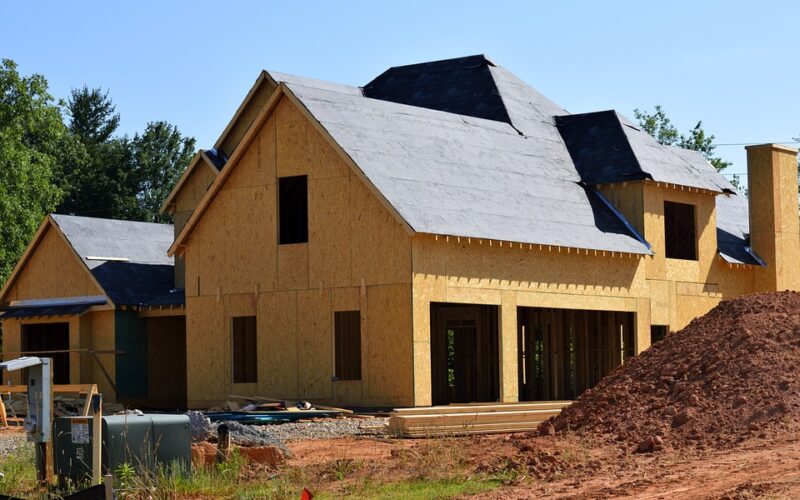Constructing a motorway is a colossal feat of engineering that requires meticulous planning, significant financial resources, and the convergence of multiple disciplines of construction expertise.
The planning phase
Before a single shovel hits the ground, a tremendous amount of groundwork is laid in the form of detailed planning and feasibility studies. This stage addresses the route selection which critically assesses environmental impact, land use, and demographic changes. Planners must balance ecological concerns with the needs of growing transport demands, ensuring sustainable and economically sound development.
Securing funding and permissions
Motorway construction often requires substantial investment, typically sourced from public funds, tolls, or private-public partnerships. Alongside financial planning, this stage involves navigating legal requirements, obtaining necessary permissions, and conducting public consultations. Gaining public support and addressing stakeholders’ concerns can be as crucial as the fiscal management of the project.
Design and engineering challenges
Designing a motorway goes beyond laying out a strip of asphalt. It encompasses creating intricate drainage systems, erecting durable bridges, and considering the future integration of intelligent transport systems. Engineers must devise solutions that stand the test of time and increasingly, climate change. Materials engineering is also at the forefront, ensuring road surfaces are resilient and safe under varying weather conditions.
Construction phase
The physical construction of a motorway is a multi-layered process involving earthworks, foundation laying, and surfacing. It requires heavy machinery, skilled labor, and a synchronised supply chain. The construction phase often demands round-the-clock work, with teams dedicated to minimising disruption to existing road networks and local communities.
Incorporating technological advancements
Technological innovations play a pivotal role in modern motorway projects. From advanced surveying equipment like drones and GPS to automation in construction machinery, technology is streamlining efficiency and safety. The inclusion of smart road technologies, such as sensors and communication systems, paves the way for future integration with autonomous vehicles.
Safety measures and quality control
Safety is paramount throughout the construction process. This encompasses the safety of construction workers and future road users. Rigorous testing and quality control are conducted at every layer of construction to ensure compliance with international standards. Motorway builders consistently measure, refine, and assure quality, with the ultimate goal of delivering a motorway that provides safe and smooth transportation.
Environmental protection and mitigation
The environmental impact of motorway construction is a critical consideration. Builders employ a range of strategies to protect the environment, from preserving natural habitats to implementing noise reduction measures. Additionally, projects include compensatory measures such as new wildlife corridors and sound barriers to mitigate any unavoidable effects.
The construction of a motorway encapsulates the very essence of modern engineering. From the initial surveys to the final laying down of road markings, the process is a complex puzzle that, when assembled correctly, contributes significantly to the economic and social fabric of a region. With continual advancements in materials science and construction technology, the future of motorway construction will undoubtedly involve smarter, greener, and more sustainable practices.











